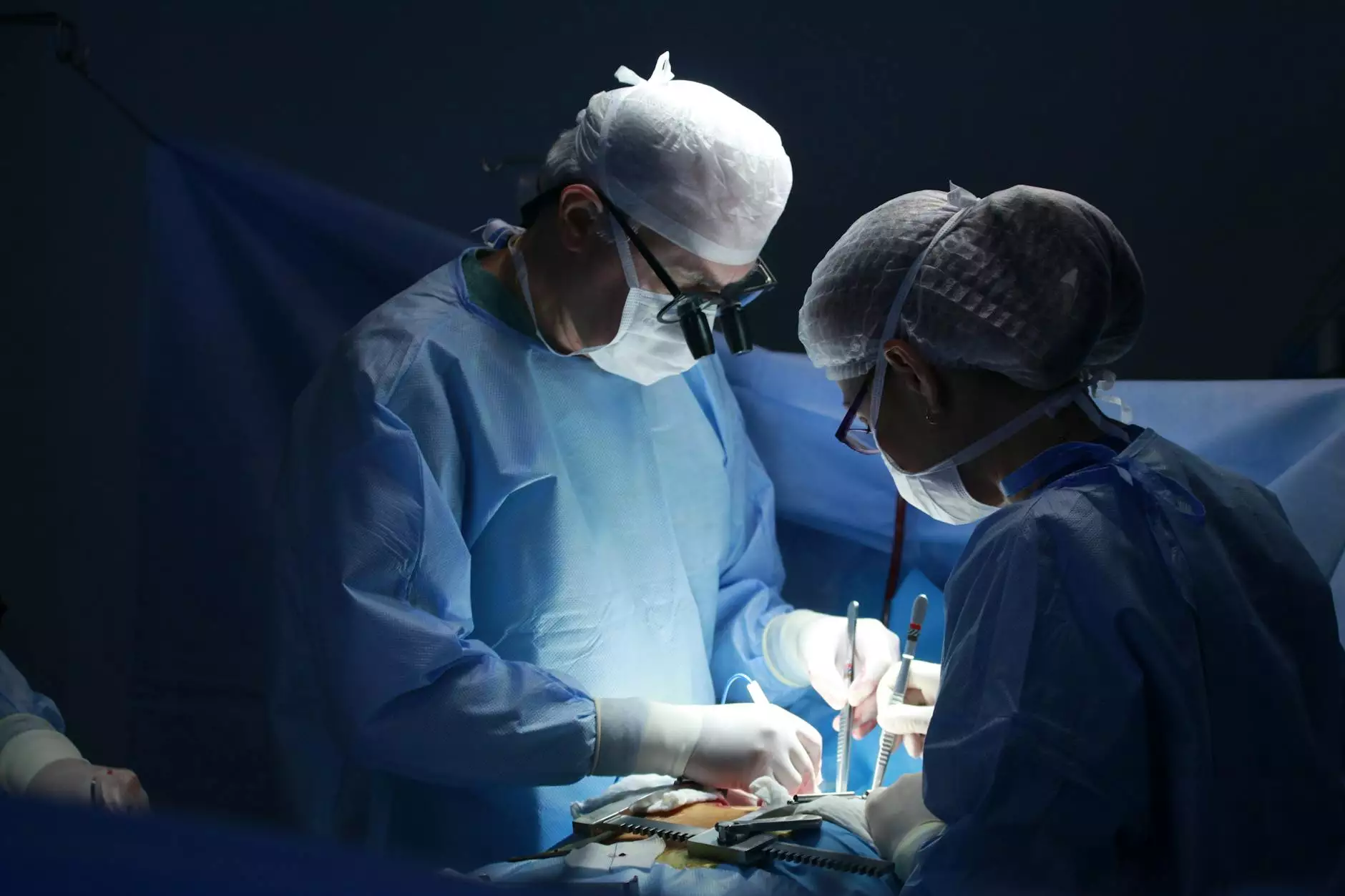Understanding Gastric Bypass: A Detailed Exploration

Gastric bypass surgery has become a pivotal solution for individuals struggling with obesity and related health conditions. This comprehensive guide aims to shed light on various aspects of gastric bypass, including its benefits, procedures, potential complications, and post-operative care, specifically focusing on services offered by Antalya Health in their esteemed medical centers and spas.
What is Gastric Bypass?
Gastric bypass, medically referred to as Roux-en-Y Gastric Bypass, is a type of weight-loss surgery that involves creating a small pouch from the stomach and connecting it directly to the small intestine. This procedure significantly reduces the amount of food one can consume and alters the absorption of calories and nutrients.
The Procedure in Detail
The gastric bypass procedure involves two main steps:
- Creation of the Gastric Pouch: The surgeon staples the stomach to form a small pouch, which limits food intake and promotes early satiety.
- Connecting the Small Intestine: The surgeon then cuts the small intestine and connects it to the gastric pouch, bypassing a significant portion of the stomach and the first part of the small intestine.
This dual approach not only helps in weight reduction but also assists in managing conditions such as diabetes, high blood pressure, and sleep apnea.
Benefits of Gastric Bypass
Undergoing gastric bypass at Antalya Health comes with a plethora of health benefits:
- Significant Weight Loss: Most patients lose 60-80% of their excess weight within the first two years post-surgery.
- Improved Quality of Life: Patients often report improved mood, self-esteem, and overall happiness.
- Health Condition Reversals: Many obesity-related health issues, including type 2 diabetes, hypertension, and sleep apnea, can resolve or improve significantly.
- Long-term Success: Studies indicate that gastric bypass maintains weight loss over the long term more effectively than traditional weight-loss methods.
Who is a Suitable Candidate for Gastric Bypass?
Not everyone qualifies for gastric bypass surgery. Suitable candidates typically include:
- Individuals with a body mass index (BMI) of 40 or higher.
- Individuals with a BMI of 35 or higher who also suffer from obesity-related health conditions.
- Individuals who have made significant attempts at weight loss through diet and exercise without success.
- Patients who are committed to making lifelong lifestyle changes post-surgery.
Preparing for Gastric Bypass Surgery
Preparation for gastric bypass is comprehensive and involves both medical assessments and lifestyle adjustments:
- Pre-operative Assessments: This includes a full medical evaluation, psychological assessment, and sometimes a consultation with a nutritionist.
- Nutrition and Diet Changes: Patients will be instructed on a pre-operative diet, often focusing on healthier food choices and avoiding processed foods.
- Setting Realistic Expectations: Understanding the surgery's risks and potential for complications is crucial.
The Surgical Experience at Antalya Health
Antalya Health prides itself on providing a comfortable and professional environment for gastric bypass surgery. Their experienced team of surgeons and medical staff ensures that each patient receives personalized care.
State-of-the-Art Facilities
At Antalya Health, patients benefit from modern medical facilities equipped with the latest technology, fostering a safe and sterile environment for surgery.
Success Rates and Follow-Up
The success of gastric bypass at Antalya Health is reflected in their high patient satisfaction ratings. A significant aspect of this success is ongoing follow-up care and support, which includes:
- Regular Check-ups: Scheduled visits to monitor weight loss progress and nutritional intake.
- Support Groups: Group therapy sessions to provide emotional support and share experiences.
- Nutritional Counseling: Ongoing advice to ensure patients maintain a balanced diet post-surgery.
Potential Risks and Complications
Like any surgery, gastric bypass comes with potential risks. It's essential to be aware of these before deciding:
- Short-term Risks: Include infection, bleeding, and complications from anesthesia.
- Long-term Risks: Could involve nutritional deficiencies, dumping syndrome, or bowel obstruction.
Choosing a reputable facility like Antalya Health can significantly mitigate these risks through experienced surgical teams and comprehensive patient care.
Dietary Changes After Gastric Bypass
Post-operative success hinges on adapting to new dietary requirements. The changes can be broadly categorized into three phases:
- Liquid Phase: The first few weeks involve a strict liquid diet to facilitate healing.
- Pureed Foods: Gradually, patients transition to pureed foods for several weeks before introducing soft foods.
- Regular Diet: Eventually, patients can resume a normal diet, focusing on high-protein, low-carb options.
Long-Term Lifestyle Changes
Successful gastric bypass is not just about surgery; it’s about making a commitment to a healthier lifestyle. Key changes may include:
- Regular Physical Activity: Incorporating exercise into daily routines promotes weight loss and overall health.
- Ongoing Support: Engaging in support groups or therapy can provide valuable encouragement.
- Education: Understanding the impacts of different foods on the body helps maintain a healthy weight.
Conclusion: Take the First Step Toward a Healthier Life
Gastric bypass surgery is a powerful tool for those struggling with obesity. With the help of professional medical teams like those at Antalya Health, patients can achieve significant weight loss and improve their health and quality of life. If you or someone you know is considering this transformative procedure, the journey toward a healthier and happier you begins by reaching out to our experts at Antalya Health.
Unlock your potential today and take the first step toward a healthier tomorrow!









